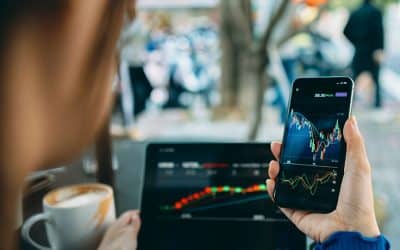Davos and the growing challenge of self-sufficiency

Redacción Mapfre
This week the WEF meeting has been held in Davos and, beyond drawing conclusions on how difficult times have become in this new era of uncertainty, volatility, and global geopolitical fracture, I believe that it will bring to the fore a truth that is of concern to us all: despite the globalization we have boasted of for the last two decades, the world continues to have a high concentration of production, supply, and - thanks to China's global monopsony - demand. Concentration and value chains will be the most immediate sources of challenge in the years to come, and owing to this fact and to the need for self-sufficiency (not the song autosuficiencia by the Spanish rock band Parálisis Permanente) they should have been discussed at Davos as well.
Nearly every economy (one study reveals) depends on others for at least a quarter of some strategic type of goods, and importing economies depend on three partners at most to supply almost half of world trade. Trade concentration is driven by country-specific decisions and, over the past five years, the largest economies have not systematically diversified their sources of imports, thus leaving all of them with vulnerabilities.
No region in the world can boast of being completely self-sufficient. This dependence is evident in the world economy, where almost half of world trade is considered “concentrated”. Moreover, this trend was sharpened during the five years prior to the Covid crisis. The most recent case is the energy dependence of the German production system on Russian gas.
In my view, an informed reimagining of world trade is necessary if we are to address these problems. This would require a granular approach, both in mapping out concentrated business relationships and in making decisions on what actions to take. Whether it is a question of redoubling one’s commitment to existing trading partners, disengaging from certain nations, or diversifying trade relations, it is crucial to have a thorough understanding of the current trade landscape. Without such knowledge, it is impossible to make decisions that will benefit all nations involved in world trade.
In short, no region is close to being self-sufficient, and perhaps it is time we started thinking about how to remedy this. And Davos would have been an ideal place to discuss this problem. Otherwise, permanent paralysis, i.e., Parálisis Permanente (Autosuficiencia, 1984).


